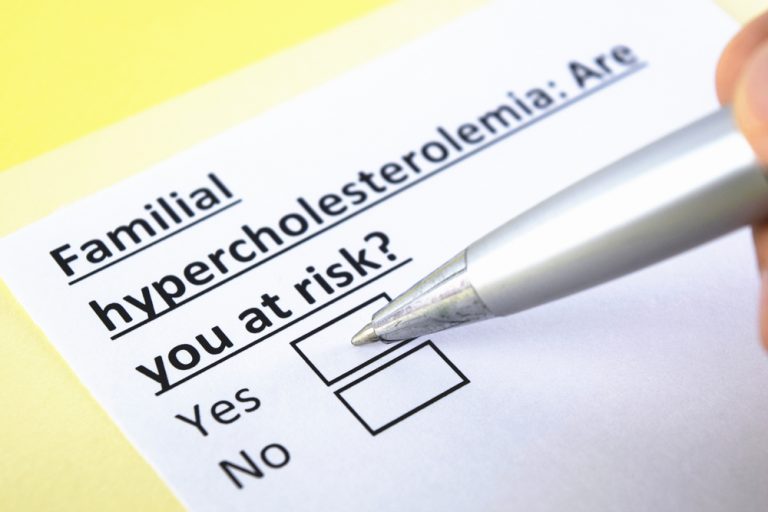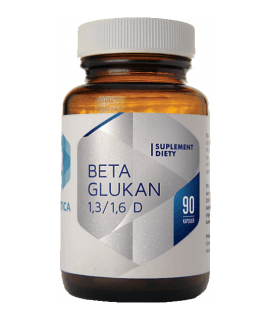Familial hypercholesterolemia means the pathologically elevated levels of cholesterol in the blood often develop in people burdened with ischemic heart disease or diabetes. In addition to genetic predisposition (primary form), the disease can also appear as a result of the patient taking medications (such as diuretics or corticosteroids). It often appears together with other diseases such as thyroid disease, nephrotic syndrome, or liver dysfunction.
Familial hypercholesterolemia - symptoms
The most characteristic symptoms of the disease include a significant increase in cholesterol levels (ranging from 200 to 400 mg/dl). These specific yellow discolorations on the skin may appear. Some of them may resemble small nodules or skin growths. They most often give their notice after the age of thirty. The presence of typical complaints of atherosclerosis is also confirmed. Their occurrence and the presence of other changes in the cardiovascular system prove that the disease is already advanced.
Familial hypercholesterolemia - diagnosis
In addition to the patient's medical history and confirmation of the presence of cardiovascular disease in the family, additional tests are necessary. First of all, morphology is performed, which clearly confirms the abnormal value of cholesterol and triglycerides in the serum.
Familial hypercholesterolemia - treatment
The fight against the disease should proceed in two ways. In addition to pharmacotherapy to lower cholesterol levels, a balanced diet is necessary to be taken.
Familial hypercholesterolemia - diet
It is very important in the treatment of the disease to follow a diet appropriate for people with elevated blood cholesterol levels. A person with symptoms of hypercholesterolemia should follow several basic rules:
- eliminate animal fats from your diet
- limit the intake of offal, eggs
- enrich the diet with products rich in dietary fiber, fruits, vegetables, and fish (mainly marine)
- avoid fried and stewed foods
- choose home-made meals
- give up salt in your seasoning and salty snacks
- limit sweetened beverages
- avoid sauces and ready-made additives such as mayonnaise, ketchup, or mustard
- stop drinking alcohol
- stop smoking
- supporting a low-fat diet with physical exercise.









